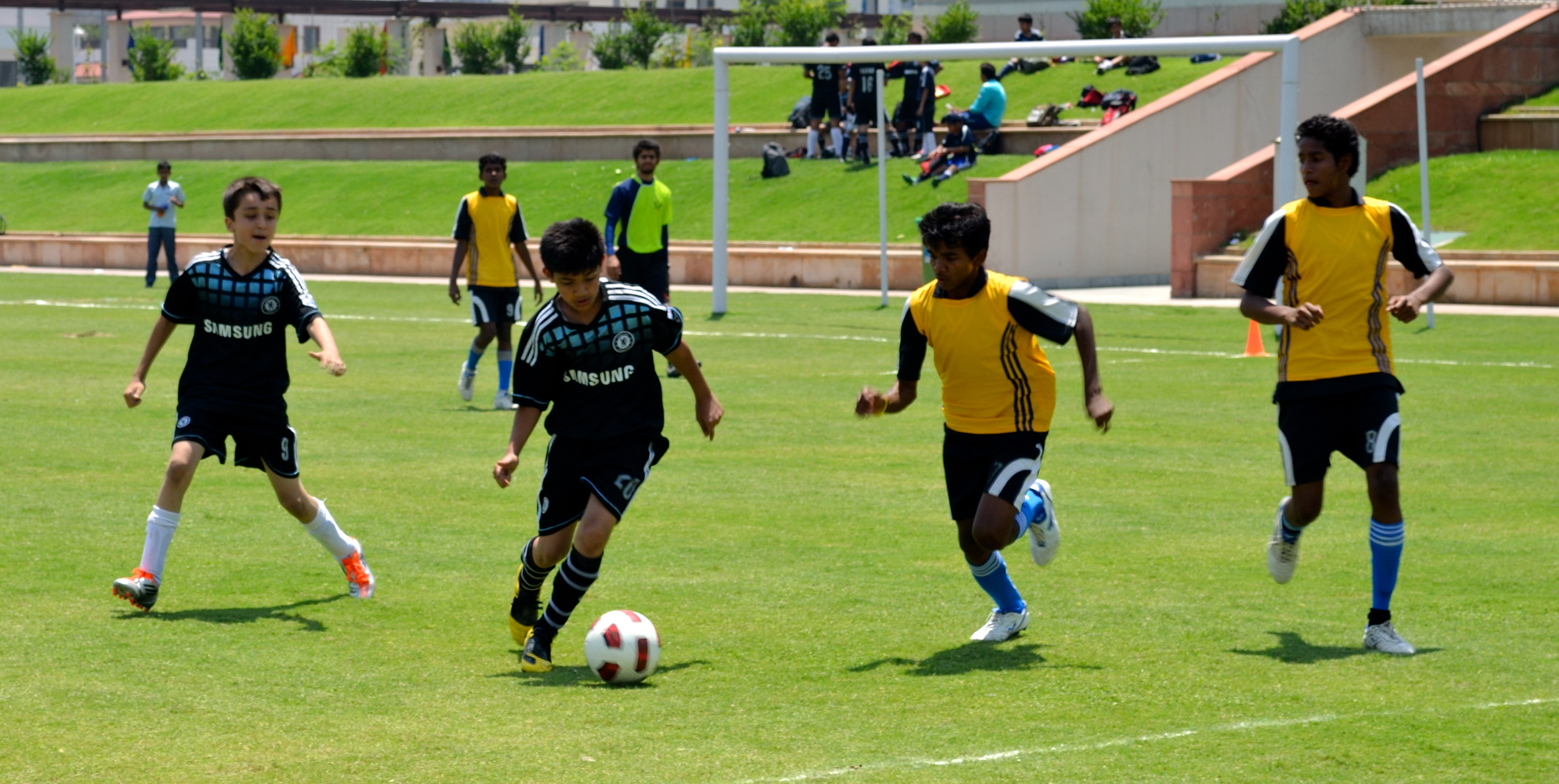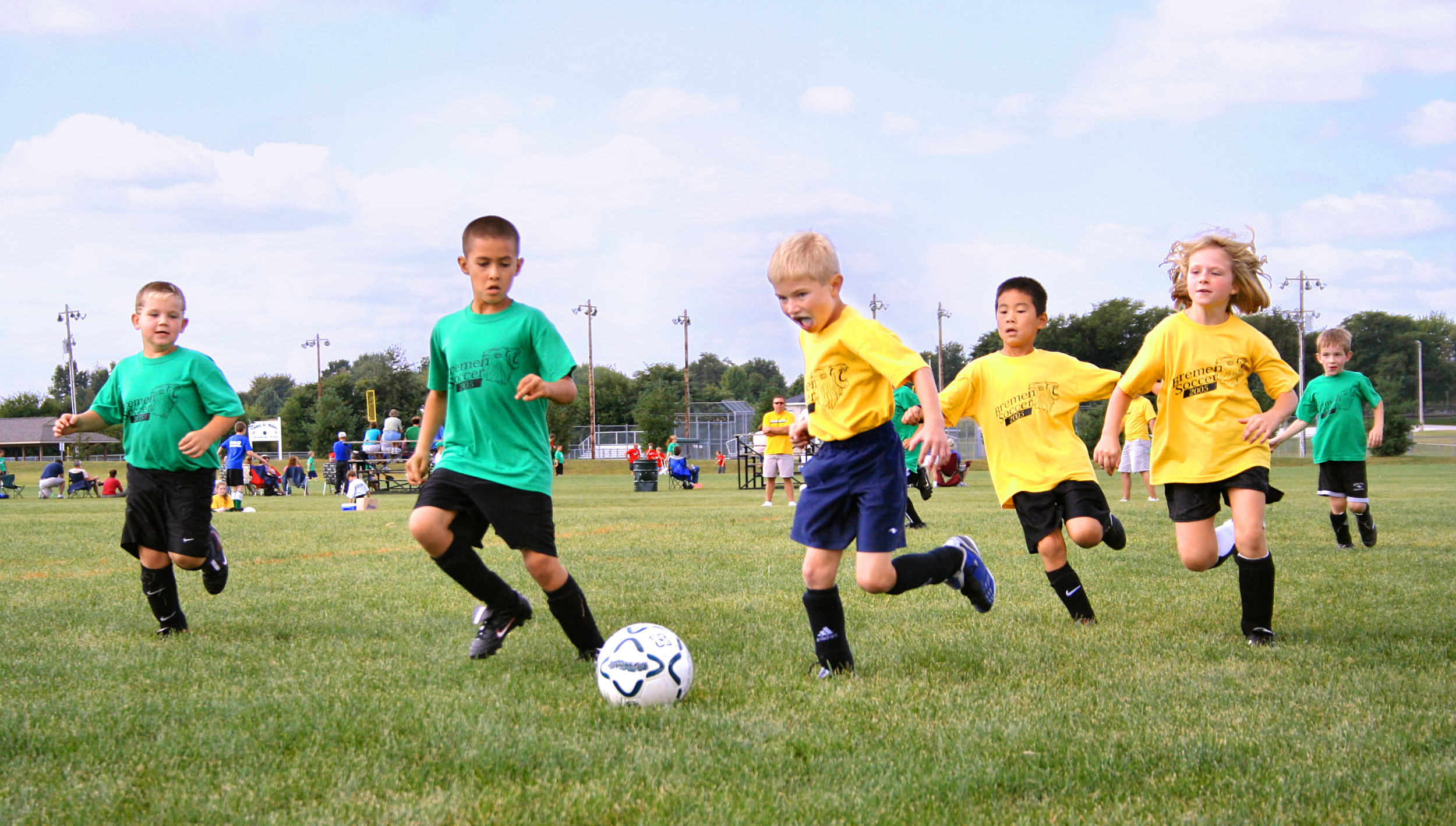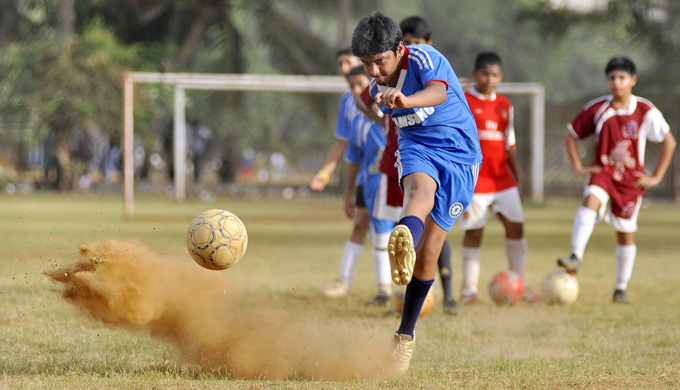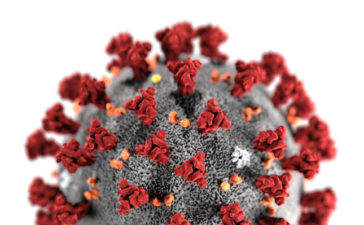London: Nowadays teenaged are busy in playing games on their smartphone and are far away from outdoor games. But if your teenaged son keen on playing football then there’s a good news for you, because according to a study, boys who play the popular outdoor sport for just three hours a week are likely to have healthy and strong bones.
The study found adolescents who played football which is weight-bearing, high-impact and a high-intensity exercise had significantly better bones compared to those who played other sports like swimming, cycling.
“Our research shows that playing football can improve bone development in comparison to swimming and cycling,” said lead author Dimitris Vlachopoulos, from the University of Exeter.
“Though the study focussed on aspiring professionals who played as much as nine hours a week, playing football for three hours a week might be enough for a substantial effect,” Vlachopoulos added.
The researchers said, while swimming and cycling alone may not good for bone development due to the non-weight bearing training, including more weight-bearing exercises in their training regimes may help improve bone development.
Weight-bearing exercise like tennis, badminton, basketball and handball may also have similar effects to football, Vlachopoulos noted.
For the study, published in the Journal of Bone and Mineral Research, the team included 116 boys aged 12 to 14, took a variety of measures including bone mineral content (BMC).
BMC measurements were taken at the lumbar spine (lower back) and femoral neck (upper leg) — both key sites for both fractures and osteoporosis.
The results showed that footballers’ BMC was 7 per cent higher than that of cyclists at the lumbar spine, and 5 per cent higher at the femoral neck after one year of sport-specific training.
Adolescence is the key period for bone development, and poor development at this stage is linked to reduced peak bone mass (the amount of bone mass at the end of the skeletal maturation, around age 30), increased fracture risk and osteoporosis later in life, the researchers added.









